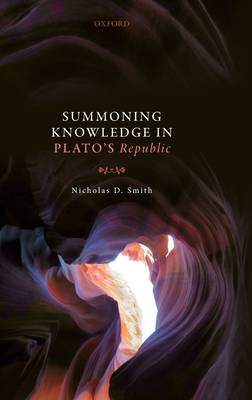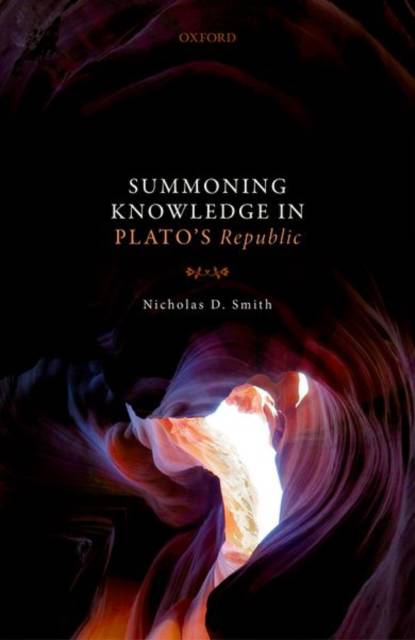
Bedankt voor het vertrouwen het afgelopen jaar! Om jou te bedanken bieden we GRATIS verzending (in België) aan op alles gedurende de hele maand januari.
- Afhalen na 1 uur in een winkel met voorraad
- Gratis thuislevering in België vanaf € 30
- Ruim aanbod met 7 miljoen producten
Bedankt voor het vertrouwen het afgelopen jaar! Om jou te bedanken bieden we GRATIS verzending (in België) aan op alles gedurende de hele maand januari.
- Afhalen na 1 uur in een winkel met voorraad
- Gratis thuislevering in België vanaf € 30
- Ruim aanbod met 7 miljoen producten
Zoeken
Omschrijving
Nicholas D. Smith presents an original interpretation of the Republic, considering it to be a book about knowledge and education. Over the course of Summoning Knowledge in Plato's Republic, he argues for four main theses. Firstly, the Republic is not just a work that has a lot to say about education; it is a book that depicts Socrates as attempting to engage his interlocutors in such a way as to help to educate them and also engages us, the readers, in a way that helps to educate us. Secondly, Plato does not suppose that education, properly understood, should have as its primary aim putting knowledge into souls that do not already have it. Instead, the education Plato discusses, represents occurring between Socrates and his interlocutors, and hopes to achieve in his readers is one that aims to arouse the power of knowledge in us and then to begin to train that power always to engage with what is more real, rather than what is less real. Thirdly, Plato's conception of knowledge is not the one typically presented in contemporary epistemology. It is, rather, the power of conceptualization by the use of exemplars. And finally, Plato engages this power of knowledge in the Republic in a way he represents as only a kind of second-best way to engage knowledge - and not as the best way, which would be dialectic. Instead, Plato uses images that summon the power of knowledge to begin the process by which the power may become fully realized.
Specificaties
Betrokkenen
- Auteur(s):
- Uitgeverij:
Inhoud
- Aantal bladzijden:
- 224
- Taal:
- Engels
Eigenschappen
- Productcode (EAN):
- 9780198842835
- Verschijningsdatum:
- 4/09/2019
- Uitvoering:
- Hardcover
- Formaat:
- Genaaid
- Afmetingen:
- 155 mm x 236 mm
- Gewicht:
- 498 g

Alleen bij Standaard Boekhandel
+ 322 punten op je klantenkaart van Standaard Boekhandel
Beoordelingen
We publiceren alleen reviews die voldoen aan de voorwaarden voor reviews. Bekijk onze voorwaarden voor reviews.









